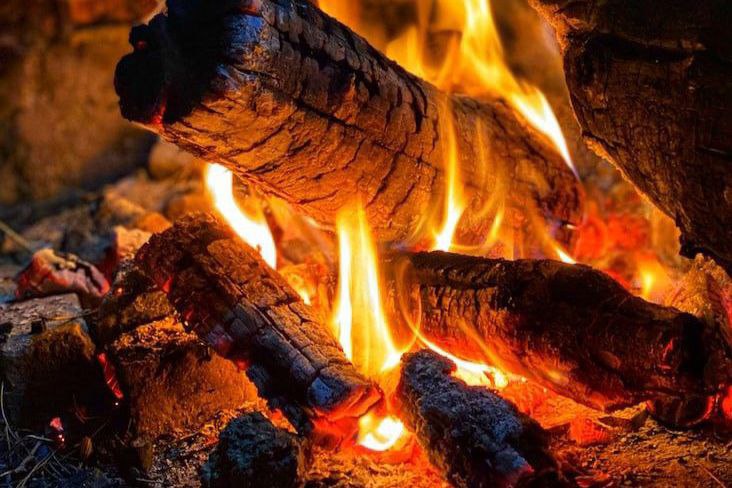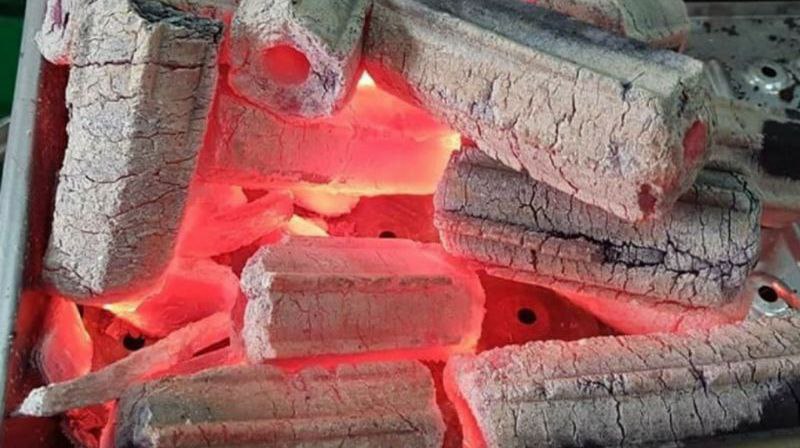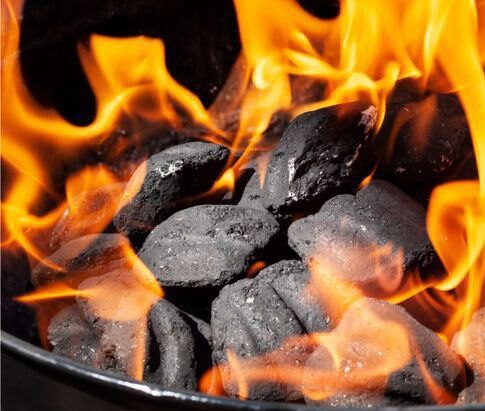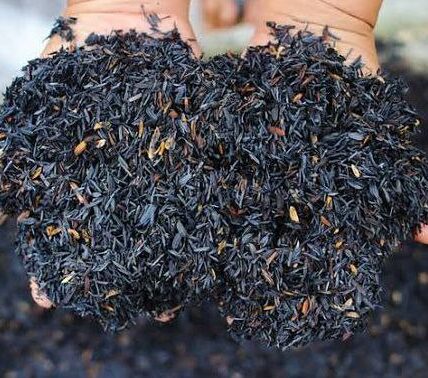( About Us )
Understanding Charcoal and Charcoal Briquettes
Activated charcoal is a solid that contains 85-95% carbon, produced from materials containing carbon by heating at high temperatures or activated with chemicals.
Charcoal is usually made by heating or burning. Charcoal, which is black in color, easily crushed, light, and resembles coal, has a substance consisting of 85% to 98% carbon, and the rest is ash or other chemical substances.
Slightly different from charcoal, we also know the term briquettes. Briquettes are solid fuel that contains carbon, has a high calorific value, and can burn for a long time. What's the difference between charcoal and charcoal briquettes?
Charcoal briquettes are a type of charcoal made from various other types of charcoal which are made by grinding them first and then molding and forming them according to your needs by mixing them with adhesive glue or starch. In short, briquettes are charcoal that is crushed and then molded according to needs with a mixture of certain ingredients.
Ordinary charcoal in its original form, if used directly, tends to run out quickly. That's why the purpose of converting charcoal into briquettes is to extend the burning period so that the embers last longer. The selling value of briquettes is also much higher than ordinary charcoal.
Why is charcoal briquettes popular abroad?
If in Indonesia, there is not much use of charcoal from combustion residue and it is often just thrown away, this is different from abroad. Indonesian charcoal briquettes have large export potential. In Europe and East Asia, charcoal briquettes are an alternative fuel source for cooking and grilling purposes for both restaurants and homes. In Middle Eastern countries, charcoal briquettes are usually used for Sisha pipe cigarettes.
This also cannot be separated from the quality of Indonesian charcoal briquettes themselves. Reporting from Logisklik, charcoal from Indonesia, especially coconut shell charcoal briquettes, is one of the best productions in the world because it is capable of producing greater heat and is more durable. Indonesia is one of the largest exporters of coconut shell charcoal and continues to experience very rapid growth until the economy in Indonesia begins to improve.
It is not surprising that charcoal briquettes are the only export commodity where demand is greater than the availability of raw materials (supply). This opportunity certainly makes charcoal have high export opportunities for a long period of time.
Various types of charcoal briquettes that are popular with international buyers
Charcoal briquettes are a type of charcoal made from various other types of charcoal which are made by grinding them first and then molding and forming them according to your needs by mixing them with adhesive glue or starch. In short, briquettes are charcoal that is crushed and then molded according to needs with a mixture of certain ingredients.
Types of charcoal based on the raw material are divided into several types as follows.

(Hardwood Charcoal)
Wood charcoal is a black solid substance produced from the dry distillation process of wood without oxygen. Wood charcoal has several uses, including: household fuel, alternative fuel for industry, raw material for the production of ferrous and non-ferrous metals, raw material for activated carbon, growing medium for ornamental plants.

(Sawdust Charcoal)
Sawdust charcoal is charcoal briquettes made from hardwood sawdust as the main raw material. The manufacturing process is Sawdust is compressed into blocks of the same size, Dipanaskan hingga menjadi briket arang .

(Coconut Charcoal)
Coconut shell charcoal briquettes are an alternative fuel that is often used for cooking, especially for grilling food, such as in Europe, in Middle Eastern countries it is used for smoking shisha pipes, while in Asia, such as in South Korea and Japan, coconut charcoal briquettes are used for smoking purposes..

(Rice Husk Charcoal)
Rice husk charcoal is an organic material made from incomplete or partial burning of rice husks. Husk charcoal has many benefits.
© All Rights Reserved.
